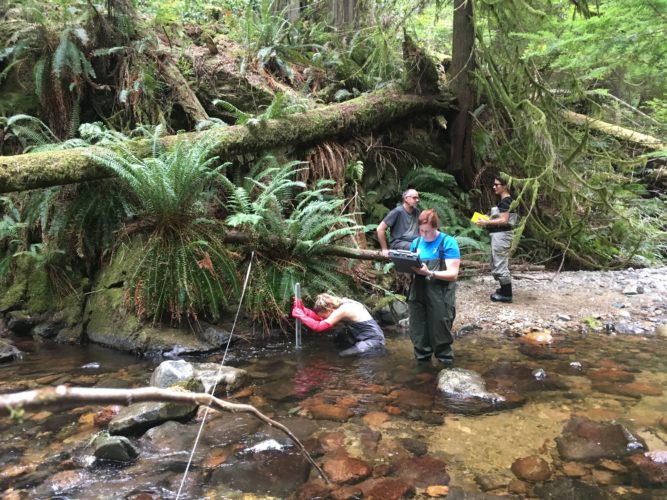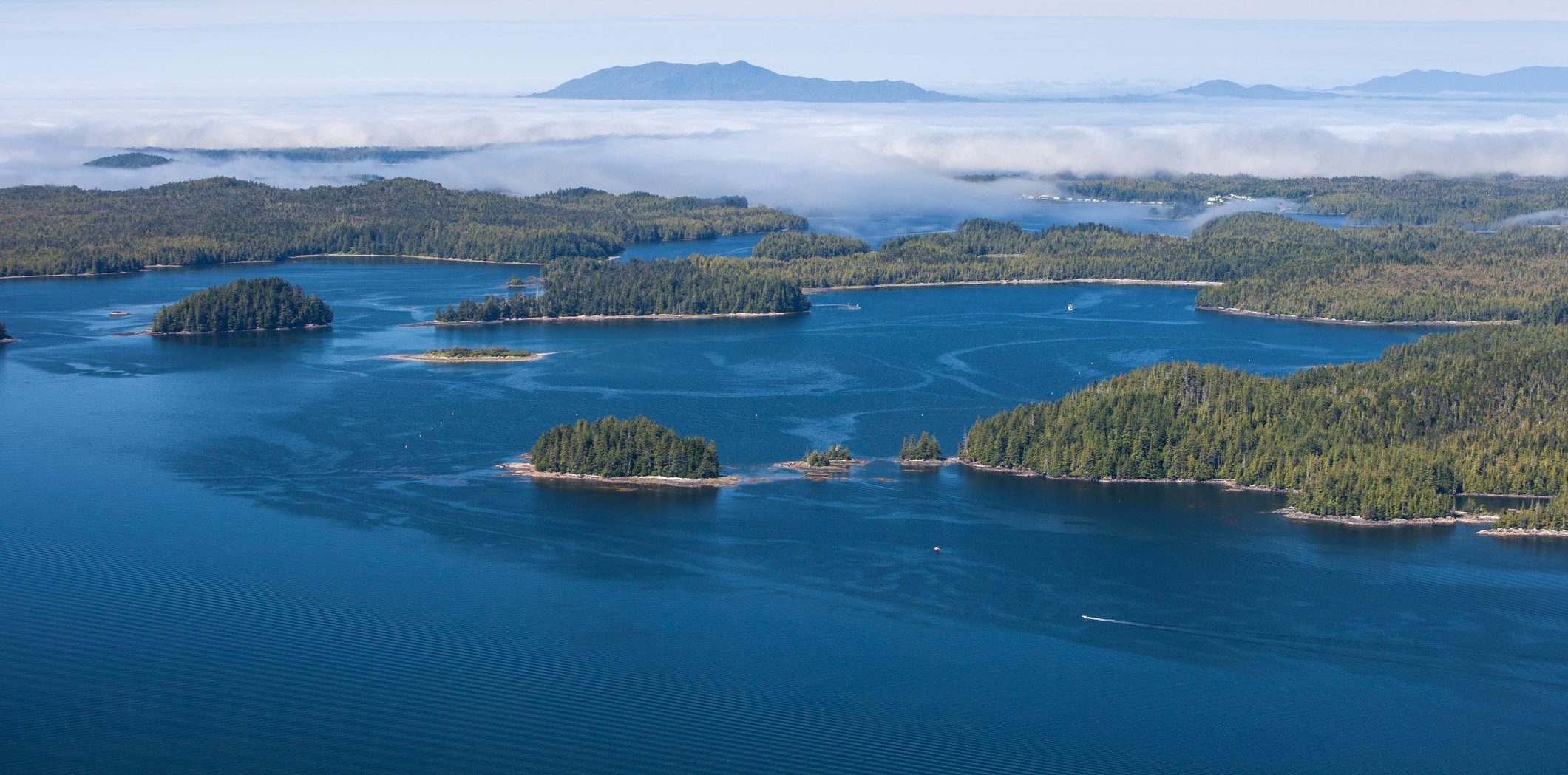World Wildlife Fund Canada has released a new report on watershed health in the Pacific Coastal basin, finding the overall health of the basin to be good.
The report is an update to the initial launch of WWF-Canada’s summer 2017 Watershed Reports. At that time, an overall health score for the Pacific Coastal watershed couldn’t be tabulated. This was due to a lack of data for water quality and benthic invertebrates, including flies, beetles, aquatic worms, snails, and leeches in the basin.
“Given the growing stress of climate change, it’s essential for wildlife—like salmon and other fish that move between freshwater and ocean ecosystems—and for communities that depend on access to fresh water, that we maintain the health of these rivers and streams,” said Elizabeth Hendriks, WWF-Canada’s vice-president of freshwater conservation. “While overall this finding is good news for B.C., when we look at the level of stress in southern sub-watersheds, we know we can’t expect continued good health overall without a strong commitment to freshwater conservation. We’re on borrowed time now.”
Despite the significant signs of stress in some southern sub-watersheds, the evidence is that the Pacific Coastal basin—stretching from Vancouver Island to Yukon Territory—is currently in good health overall. The evaluation is based on new monitoring results from 33,074 monitoring sites reporting on water quality, water flow, fish, and benthic invertebrates.

“Thanks to a growing network of community-based monitoring groups across the country we are now beginning to build a robust baseline of data, which will allow us to better track how events like this summer’s wildfires are changing conditions in our watersheds,” said Kat Hartwig, executive director of Living Lakes Canada. “With data baselines and trends, we will be better positioned to make science-based decisions and take the appropriate and necessary actions to safeguard the freshwater ecosystems.”
While nearly two-thirds of Canada’s watersheds are data-deficient for health indicators, the lack of data in this region was especially worrisome, as southern sub-watersheds in B.C. experience a high level of stress.
“Assessing BC’s Pacific Coast is an important first step to closing that national data gap,” said Hendriks.
Environment and Climate Change Canada (ECCC) published new water quality data last year, and WWF-Canada worked in partnership with both Living Lakes Canada and ECCC, with the support of Loblaw Company Ltd., to collect benthic samples that were then analyzed and assessed alongside previously collected data using WWF-Canada’s Watershed Reports methodology.












